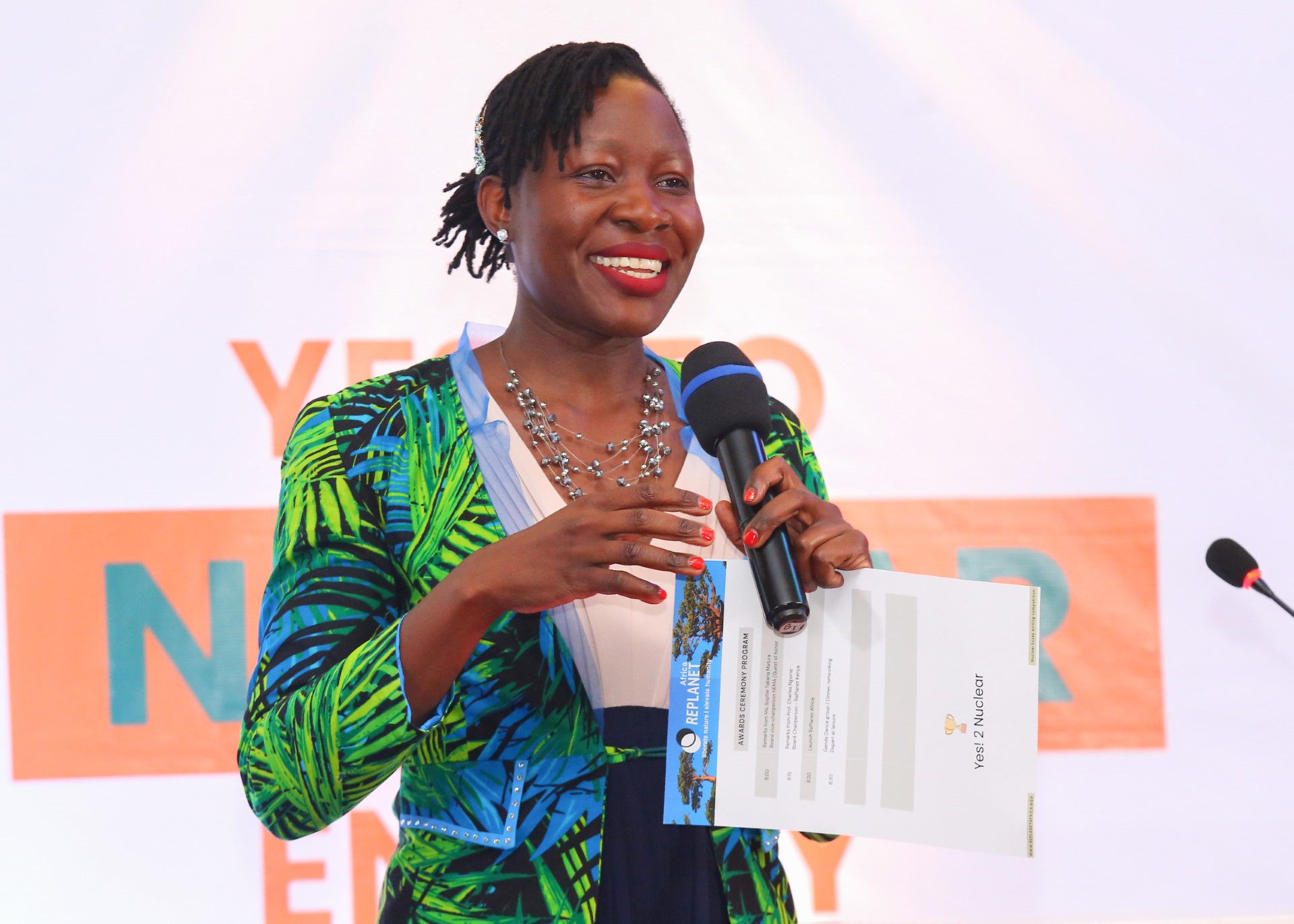
By Patricia Nanteza
In 2020, on a chilly evening in Nairobi, I found myself in front of my laptop screen, adjusting it as I prepared for a Zoom meeting. Mark, a colleague from the UK had requested that I address a group of young European environmentalists, self-proclaimed Eco-modernists, who were passionate about public policy and environmental change.
Although I was tempted to cozy up in a blanket and watch TV, I accepted the invitation for two reasons: my love for discussing biotechnology’s potential in Africa and an eagerness to engage with lovely people who give me hope for the world.
Enthusiastic individuals
As I joined the virtual meeting room, I was pleasantly surprised to see nearly 40 enthusiastic individuals. Most meetings I attend begin with just a handful of participants, but this group’s sheer size was a testament to their genuine interest. We engaged in a lively conversation about our advocacy efforts in Africa, and I bid them farewell, ensuring I followed them on Twitter (X) afterwards.
Fast forward to the present, this group evolved into RePlanet, and Mark once again invited me, this time to their inaugural annual general meeting. Soon after, the idea of launching WePlanet Africa took root.
Positive impact
Pooling together individuals I had met during our biotechnology advocacy journey, we officially established WePlanet Africa as a legal entity in Kenya and Uganda. The culmination of our efforts took place on the night of September 4, 2023, in Nairobi. It was a warm evening filled with dedicated individuals ready to make a positive impact on humanity and the environment.
We had recently organized a university essay competition on nuclear energy, and this evening served as the award ceremony. We received hundreds of entries from university students, each sharing their insights on how nuclear energy could contribute to Africa’s prosperity. Amidst the hustle and bustle of organizing the event, I paused to reflect on how a Zoom call with 40+ passionate individuals had led me here. Mark and Karolina, the RePlanet Secretary General, were present, along with government dignitaries, nuclear energy enthusiasts, students, and environmental advocates.
How had I come to run an environmental advocacy “start-up” committed to creating advocates across Africa, all united by the common goal of lifting our continent to prosperity without harming our natural world? I was more excited than apprehensive. We could achieve this. We had the support of wonderful people in the West, and I was continuously introducing more lovely people to the WePlanet Africa community.
Prosperous farmers
I pledge to maintain a culture of respect and kindness, for that was what initially drew me into this network whose overarching mission is to create a thriving natural and human world.
I harbor no romantic notions about poverty; in fact, I dream of affluence. I envision a life where majority of the people can use electric cookers because electricity is accessible and affordable instead of charcoal stoves.
I envision prosperous farmers earning fair wages without wearing tattered clothes, and children attending schools with proper infrastructure, not under trees. I yearn for an Africa where women give birth in clean, well-stocked hospitals without the looming threat of power outages during surgery.
At WePlanet Africa, our goal is clear: we wanted a prosperous Africa, not one merely lifted out of poverty but one lifted into prosperity. However, this prosperity should not come at the expense of our natural world. This is why we advocate for nuclear energy, alongside other clean energy sources, as well as biotechnology and other New Breeding Techniques. These innovations could help us produce more food on less land, thus sparing our forests and wildlife.
Our vision is aligned with our colleagues in the West, the same individuals I met three years ago on that chilly Nairobi evening during a Zoom call. I invite you to join us in this mission, as we work together to create a daringly prosperous yet sustainable future for Africa.
